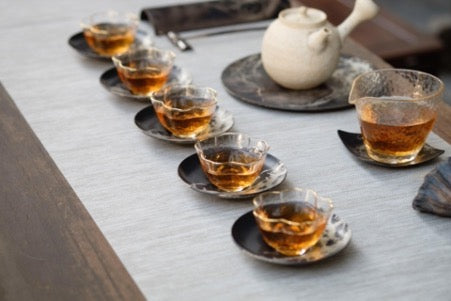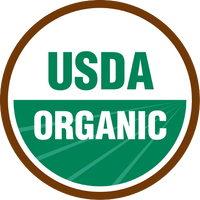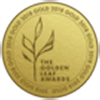Global Tea Demand and Trends of 2021

The global tea industry includes concentrated products, instant and brewed ingredients. Shops that serve tea exclusively or as part of their menu are also counted. In 2020, the global tea market was worth USD 200 billion and was expected to reach USD 318 billion by 2025.
The growth rate is slower compared to pre-pandemic years due to community restrictions. But market players are confident that it will recover fast as tea has a long history of being a favourite beverage worldwide.
What to Expect in the Tea Industry this Year?
It looks like an exciting year for the tea industry. Let’s take a glimpse at the trends to watch out for:
Plant-based Beverages and Less Sugar
Consumers are more particular about the ingredients in their beverages. Premium plant-based beverages from Fair Trade-certified brands are becoming more popular than ever. These beverages deliver authentic taste and freshness using only natural ingredients and are made using ethical processes.
In line with the surging demand for “plant-based” products, replacing or reducing sugar content will continue to trend in 2021.
Ready-to-Drink Teas
Recent scientific developments paved the way to ready-to-drink teas with authentic taste and aroma. These forms of tea are formulated, bottled, and served chilled to provide convenience. But consumers also want functionality in these beverages.
“In 2021, there will be a trend for RTD with clean labels. These labels contain natural ingredients that can be easily recognised, understood, and pronounced. Consumers want specific information so that they can tell if the drink suits their health preferences.”, states Luke Wood, health and wellness expert at Monkeyfoodz.
According to a study, RTD teas have an average annual growth of 7%--which has exceeded soft drinks in the past few years. It is forecasted that the global RTD tea consumption will cross 45 billion litres by 2021. Here’s a guide to labelling your tea.
The Rise of Herbal Teas
When the pandemic struck, most people started to fiercely search all ways to boost their immune function, such as drinking herbal teas.
Earlier studies have shown that elderberry can stop the attachment of a virus to a cell receptor. Scientists are hopeful that this can also be effective against COVID-19, which shares the structure of the virus used in the studies. This is also the reason why elderry has been a common recommendation during flu season. Even before the discovery of Penicillin, Tea Tree was extensively used to treat infections. But its benefits only caught the attention of the Western Society when Captain James Cook first brewed the Tea Tree leaves as soon as he arrived at the coast of New South Wales.
Ayurvedic Teas and Traditional Chinese Medicine are also effective in achieving health, wellness, and vitality. But this 2021, they’ll be more popular than ever as consumers become more inclined to natural methods of easing stress and anxiety brought by the pandemic.
Because our days are now less unhurried, there will be more focus on bringing an air of romance and sophistication into our individual and social spaces--something that traditional medicine can offer, particularly from the multicultural Australasia. This is because our ancestors accompanied herbal tea preparation with an intricate ritual and great mindfulness.
Organic Isn’t Everything

The term “organic” has been used excessively in the past decade to attract consumers trying to adopt a healthier lifestyle. You’ll find numerous tea brands out there that market themselves as organic. Although their claims may be valid, consumers will be asking for more transparency. Learn more about organic claims here.
Tea brands that can present their analysis and safety standards compliance certificates have an edge in the market. Tea consumers are becoming more aware of the health risks of second-rate food preparation, transportation, and storage. When brands openly display how their products are made, consumer confidence is increased.
Many people consider organic tea superior to a non-organic counterpart in terms of flavour, scent, and colour. This is probably because organic tea leaves were not exposed to fertilisers and other artificial chemicals. Research from Newcastle University in the UK also indicates that, compared to non-organic food products, organic ones had 18% to 69% more antioxidants.
Teavision is a wholesale supplier of high-quality tea products from an established network of suppliers across Australia, China, South Korea, Japan, Vietnam, and Sri Lanka. We are certified organic by USDA and ACO and are compliant to the requirements of HACCP.
Author: Leah Jackson
- Sophie Korbut







Comments 0